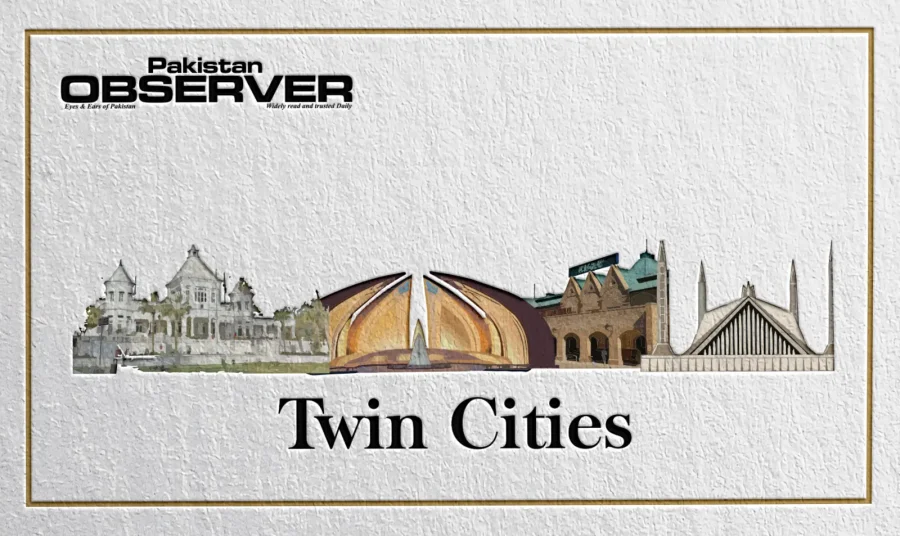The National Commission for Human Rights (NCHR) commemorated National Women’s Day by signing a Memorandum of Understanding (MOU) with the Women Chamber of Commerce & Industry Multan Division (WCCIM), an organization established for the economic development of Women Entrepreneurs in South Punjab.
The MOU was finalized by Chairperson NCHR, Rabiya Javeri Agha, while attending the two-day Blue Fair in Multan hosted by the Women Chamber of Commerce and Industry Multan Division (WCCIM).
The Blue Fair provides a platform for the women entrepreneurs of South Punjab to showcase their products, alongside exposing them to networking and financial support opportunities with industry professionals and international organizations.
This year, the fair hosted over 200 stalls carrying handmade garments,unique jewelry, the iconic blue pottery of the region and other items.The Blue Fair assisted in income generation and increased business exposure for home-based women entrepreneurs who often hail from vulnerable communities.
The President of WCCIM, Mahnaz Amir Sheikh, said that the Blue Fair is a great opportunity for female entrepreneurs to showcase their products on a national level”.
According to the Labour & Human Resource Department Punjab, home-based workers are amongst the most exploited group of workers in Pakistan.
They constitute a major segment of labour deployment in the informal sector of the economy, and they have remained largely invisible in the workforce. As per experts, only 2% Pakistani women owned land and only 13% women availed financial and bank services in 2021.
Additionally, despite women constituting 50% of microfinance clients, only about 5% of the microfinance loan portfolio went to female borrowers.Often, loans taken in women’s names are used by male relatives, trapping women in cycles of debt. These statistics emphasize the need for the financial education and inclusion of women in business.
The collaboration with WCCIM is part of NCHR’s ongoing efforts to promote Human Rights in Business and spread education on Human rights, particularly women’s right to inheritance and equal opportunity.










